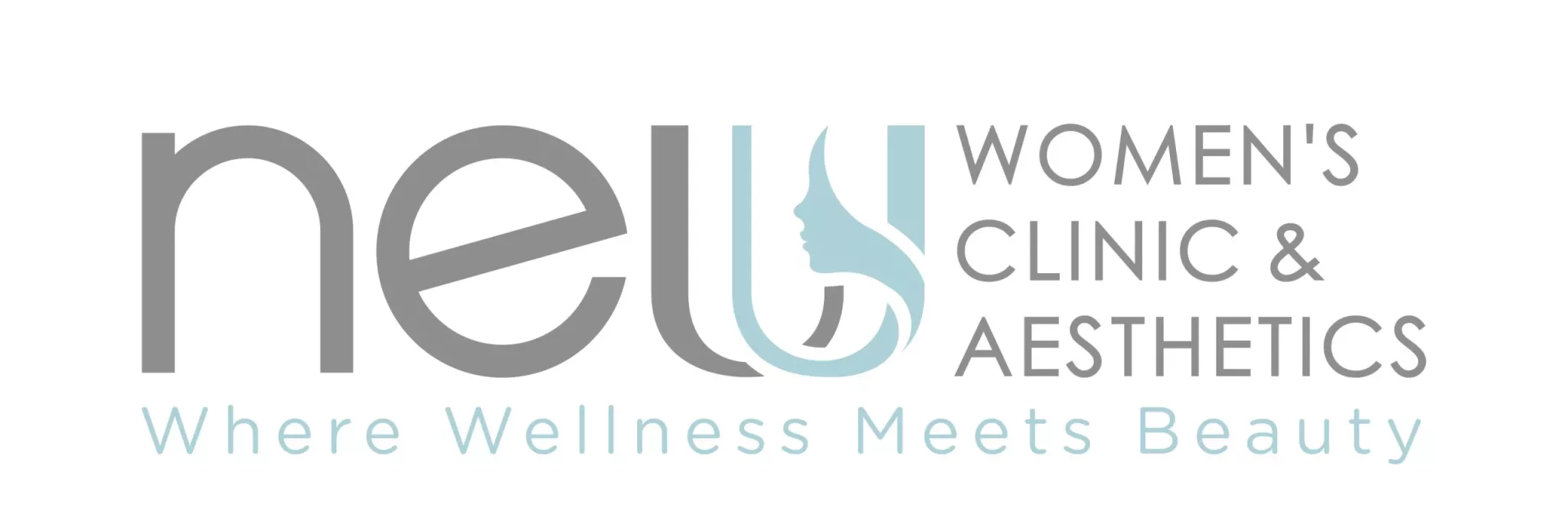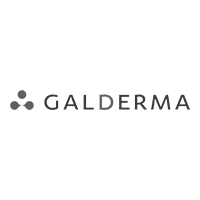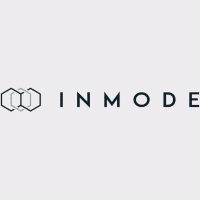
Introduction:
In today’s rapidly advancing healthcare landscape, medical professionals face the dual challenge of efficiently managing patient information while delivering optimal care. To overcome these hurdles, the adoption of Customer Relationship Management (CRM) systems has emerged as a game-changer in the healthcare industry. This article explores how CRM empowers medical professionals by streamlining patient management and enhancing the overall quality of patient care.
1 The Role of CRM in Patient Management:
a) Centralizing Patient Data: Efficient patient management requires a consolidated view of critical data. CRM systems enable medical professionals to store patient information, including medical history, appointments, diagnoses, and treatment plans, in a centralized and easily accessible platform. This eliminates the need for disparate systems and manual record-keeping, ensuring accurate and up-to-date patient records.
b) Appointment Scheduling and Reminders: CRM platforms offer robust appointment management features, allowing medical professionals to schedule appointments seamlessly. Automated reminders can be sent to patients, reducing no-shows and improving overall appointment adherence. This streamlines the workflow, reduces administrative burden, and optimizes clinic efficiency.
c) Efficient Communication: CRM facilitates effective communication between medical professionals and patients. Integrated messaging features enable secure and timely communication, allowing patients to reach out to their healthcare providers with ease. Real-time updates and two-way communication enhance patient engagement, satisfaction, and ultimately, the quality of care delivered.
2 Enhancing Patient Care through CRM:
a) Personalized Care Plans: CRM systems empower medical professionals to create personalized care plans based on comprehensive patient data. By analyzing patient information, such as medical history, allergies, and previous treatments, healthcare providers can tailor treatment plans to individual needs. This patient-centric approach enhances care quality, leading to improved patient outcomes and satisfaction.
b) Tracking Patient Progress: CRM enables medical professionals to monitor patient progress efficiently. With access to real-time data, healthcare providers can track treatment effectiveness, identify trends, and make informed adjustments to optimize patient care. This proactive approach ensures timely interventions, minimizing potential complications and maximizing patient well-being.
c) Follow-up and Aftercare: Effective post-treatment follow-up is crucial for ensuring patients’ long-term health and well-being. CRM systems facilitate automated follow-up processes, enabling medical professionals to stay connected with patients even after their appointments. This not only strengthens patient-provider relationships but also allows for timely intervention and support when necessary.
3 The Benefits of CRM Adoption in Healthcare:
a) Increased Efficiency and Productivity: CRM streamlines administrative tasks, reducing paperwork and eliminating redundant processes. This frees up valuable time for medical professionals to focus on patient care, leading to improved efficiency and productivity across healthcare organizations.
b) Enhanced Data Security and Compliance: Data security is of paramount importance in the healthcare industry. CRM systems provide robust security measures, including access controls and encryption, ensuring patient data confidentiality and compliance with privacy regulations such as HIPAA. This instills trust in patients and fosters a secure healthcare environment.
c) Improved Patient Satisfaction and Retention: By leveraging CRM, medical professionals can deliver personalized, proactive care that meets patients’ expectations. Enhanced communication, timely follow-up, and tailored treatment plans contribute to higher patient satisfaction levels. Satisfied patients are more likely to remain loyal, recommend the healthcare provider to others, and contribute to the organization’s positive reputation.
Conclusion:
CRM systems have transformed patient management for medical professionals, enabling streamlined workflows, personalized care, and improved patient outcomes. By centralizing patient data, automating administrative tasks, and facilitating effective communication, CRM empowers medical professionals to deliver exceptional patient care while optimizing operational efficiency. Embracing CRM technology has become an indispensable step for healthcare organizations aspiring to excel in patient management and elevate the overall quality of care.




























